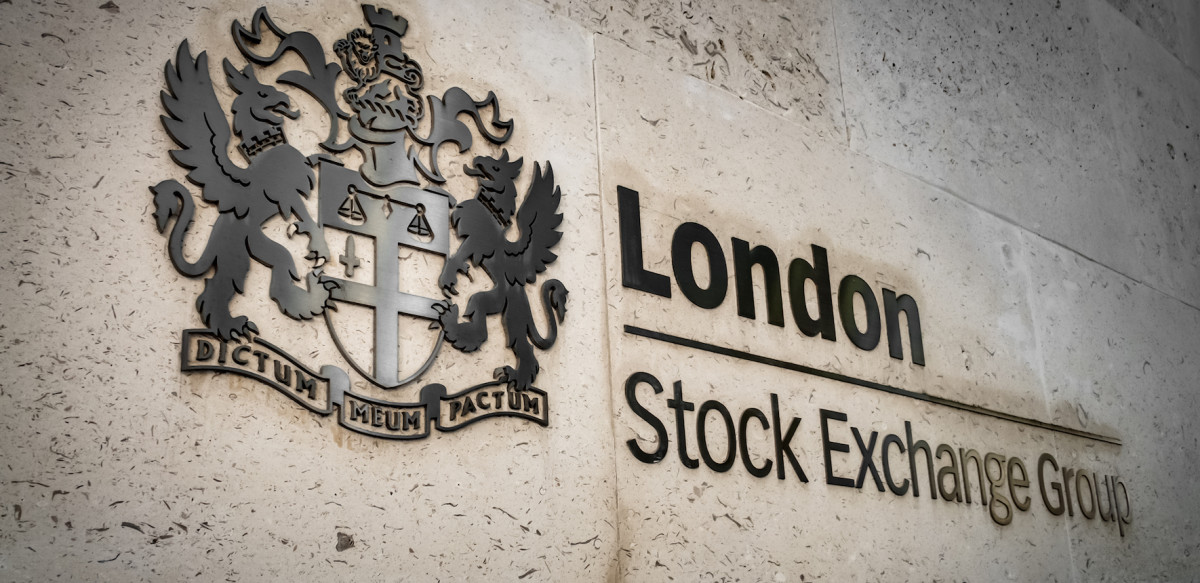El Salvador: Does Everything Really Benefit Bitcoin?
While the development appears to be great for mass adoption, there is risk to the country making bitcoin legal tender.
Yesterday was a truly historic moment for both El Salvador and Bitcoin. A sovereign nation has adopted bitcoin as legal tender and recognized it as a money not treated or taxed as a capital asset. The entire path from the announcement in Miami to here has been somewhat haphazard, unclear at times, and met with a difficult to measure but undeniable push back from some of the people of El Salvador. But that was obviously going to be the case from the start. Bitcoin has never been put in a situation of this magnitude in its entire lifetime, and it’s still growing and evolving.
When the Chivo Wallet app went live in app stores, every citizen of El Salvador was able to claim a free $30 of BTC that they could use to buy things under the new law. This was the largest airdrop of bitcoin ever done. Every citizen has the option to spend or HODL those sats; every business has the choice to try and incentivize people to spend their bitcoin by offering discounts or deals. This could be a massive opportunity for savvy individuals and businesses to plan for the future by building a stockpile of BTC and reinvest in themselves and their businesses as bitcoin appreciates in price over time.
As things settle down and people become used to interacting with bitcoin, the door is now also opened for remittances to be sent from abroad to El Salvador across the Bitcoin network. The potential savings could be both a massive boost to El Salvador’s GDP as well as a way to put more of the money sent home by family members across the world into people’s pockets instead of being shaved off in fees by businesses like Western Union.
However, this entire remittance dynamic depends completely on a pool of fiat currency down in El Salvador (currently the Trust established by the government). I’m sure many Bitcoiners will love to argue this point, but the reality is many Salvadorians who receive remittances over Bitcoin rails will want to receive it in the form of USD. Many people outside of the Bitcoin community in the country have expressed a large degree of uncertainty and confusion over the roll out of the law, exactly how things will work in practice, and how to use bitcoin. Some have even expressed doubt in the government’s motives and ability to pull this all off.
Let’s think for a minute how a service like Strike works. User A is natively using the Lightning Network and User B has their bank account linked to Strike. If A wants to send B $50, they simply send $50 worth of bitcoin which is received by Strike and converted on their end to credit User B with $50. That requires a sale of bitcoin for fiat. User B cannot be credited $50 after having been sent bitcoin unless someone on that side of the transfer is willing to buy that bitcoin and provide the $50 that User B wants. This is the same type of model implemented in El Salvador with Chivo, except the government is currently the default buyer so User B can receive fiat.
The stability of the guarantee to convert BTC to fiat for anyone who wants USD instead is entirely dependent on the El Salvadoran government having the USD to buy BTC that everyone is now mandated to accept. They established a $150 million Trust to guarantee this convertibility promise that is a linchpin of mandating people to accept bitcoin.
What happens when that Trust runs out of money? To put things into perspective, El Salvador received $623 million in remittances in June 2021.
A single month of the USD remittance flows into the country was more than four times the size of the entire Trust established to guarantee conversion from BTC to USD for citizens that do not want to be exposed to the volatility of bitcoin. What happens when that Trust runs out of money?
The government of El Salvador would have to suspend the guaranteed promise to convert BTC received in payment to fiat — and hopefully the mandate to accept it as well in such a situation — or source more money to fund the Trust with or facilitate matching other buyers of bitcoin with their citizens to maintain the conversion. Having to suspend the conversion guarantee and acceptance mandate would probably be a huge blow of confidence to the entire endeavor. Sourcing more money themselves would likely involve sourcing loans internationally and, as a country, having the IMF effectively shun them with a massive debt-to-GDP ratio, that is highly unlikely to happen. This would realistically leave only the option of finding other buyers internationally to meet the conversion guarantee.
This is where the big problem lies. It would be as simple as sanctioning El Salvador to prevent the government from being able to tap international pools of USD liquidity to continue guaranteeing their citizens can seamlessly convert BTC to USD when accepting it. This would put El Salvador in a very tenuous situation. They would otherwise have to suspend the guarantee and simply hope the organic demand for BTC in El Salvador is enough to continue in a viable way or find other ways to bring USD into the country.
Under international sanctions in my assessment, the only way to do so would be to source physical cash USD. I can think of no realistic way that could be done at scale except to criminally smuggle it into the country, which, given the reality of organized crime in the region, would eventually fall under the domain of MS-13. I won’t go into the gritty details of how dangerous a criminal enterprise they are, but when it comes to illegal smuggling operations in Central America, your only practical option is to deal with the organized criminal groups established in the region.
Any of these potential routes of failure would offer the legacy media and financial institutions a gigantic well of ammunition to attack the roll out of this legislation in El Salvador. You can already see the warm up to it with media outlets criticizing President Nayib Bukele’s unconstitutional dismissal of the Supreme Court and the change of term limitations which would allow Bukele to run for office again. Every way that this goes wrong or has a hiccup will be used to add to these media attacks and narratives, and, in reality, there is very real potential for problems that are much larger than the little hiccups as I outlined above.
The passing of this legislation is a truly historical moment, and one that offers massive potential to do good for the citizens of El Salvador. But it also has massive potential to fail in those goals, and that is not only something that could do harm to Salvadorians but also Bitcoin itself. As a last word, it’s important to remember in the frenzy of optimism and chants of “everything is good for Bitcoin” that that is not a literal truth. Everything in life has positives and negatives, including Bitcoin.
This is a guest post by Shinobi. Opinions expressed are entirely their own and do not necessarily reflect those of BTC, Inc. or Bitcoin Magazine.









